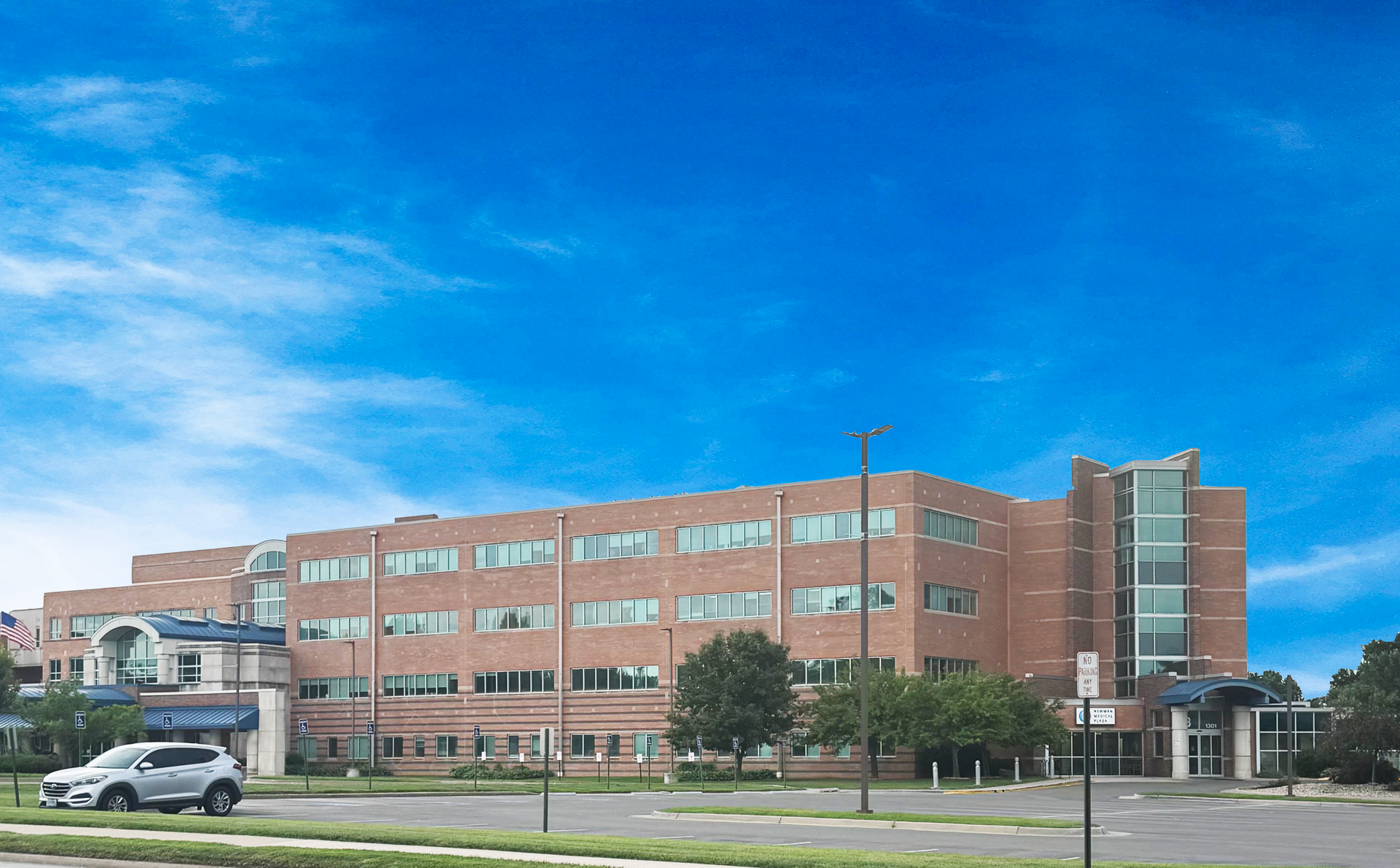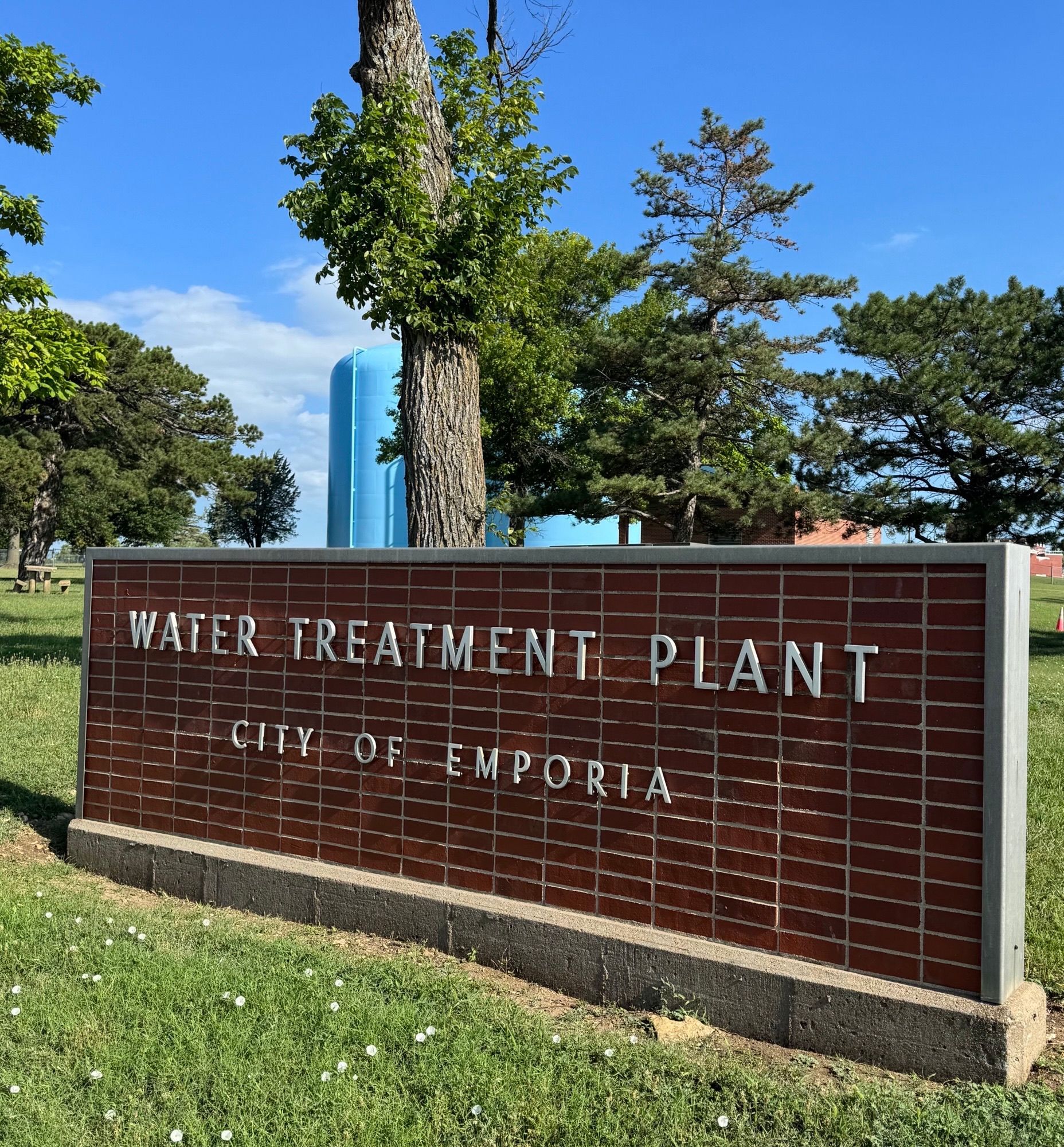ISSUE STATEMENTS
Health Care Statement
Emporia needs strong healthcare to support current residents, attract new ones, and drive growth. Our healthcare network—including Newman Regional Health, Stormont Vail Health, CrossWinds, CareArc, and others—must operate at a high level for Emporia to thrive.
Emporia is uniquely positioned with top-tier care through NRH’s partnerships with Lawrence Memorial Hospital and KU Med as well as SV’s ties to the Mayo Clinic and Children’s Mercy. This gives our community rare access to advanced healthcare close to home.
Stormont Vail’s investment in its Emporia clinic further strengthens our healthcare options and positions us as a potential regional healthcare hub. While the City doesn’t oversee healthcare directly, I’ll do all I can to support high-quality care for all residents.
Will Stormont Vail operate an ambulatory surgery center at their new clinic?
Stormont Vail has shared that they have “no plans to operate a surgical center in Emporia, KS.” When the City annexed the land SV purchased (November, 2024), they agreed to a five-year moratorium on surgical services. Per the Development Agreement approved by the City Commission on June 4, 2025 (5-0 vote), there is a six-year moratorium on surgical services.
Why not exclude SV from ever offering surgical services?
There are a couple considerations.
1. We can’t predict the future. If NRH is ever unable to meet demand, limiting SV’s ability to provide services would hurt the community. Collaboration with SV benefits both Emporia and the region.
2. Kansas isn’t a Certificate of Need state, so communities like Emporia can’t legally require healthcare providers to prove demand before offering services. Local regulations could lead to legal challenges against the City for violating state law.
Are you supportive of a policy like a zoning text change to limit duplication of healthcare services?
A. Yes, I am open to studying this issue. The initial zoning change predates my time on the commission. I am open, however, to exploring such a policy.
Before any policy moves forward, the language does need to comply with state law. City Commissioners take an oath to uphold both federal and state law. City officials cannot pass ordinances or policies contrary to federal or state law.
Kansas is not a Certificate of Need state, meaning that while some states do require health care providers to justify demand when offering new services in geographic areas, Kansas is not one of them.
If the City Commission passes an ordinance or policy that is contrary to state law and that policy is challenged, then the process to determine the legality of the policy will be done in a court of law.
And who pays these legal fees? Taxpayers. Your property taxes and sales taxes would cover the City’s expenses incurred by fighting this battle in a court…or in courts…of law. At what cost? We do not know.
It’s outside my jurisdiction as a City Commissioner to change state or federal law. I am willing to learn more and perhaps advocate for change at the state level, pending the results of that study, but I’m not willing to put a stake in the ground and dare someone to sue the City of Emporia, especially if our own City Attorney has advised against passing such policy. To me, that’s a misuse of my public power, our professional staff, and your tax dollars.




